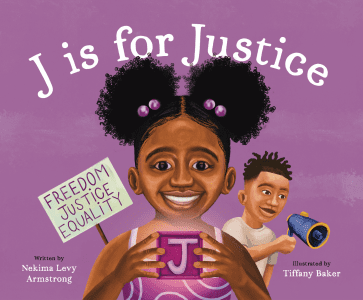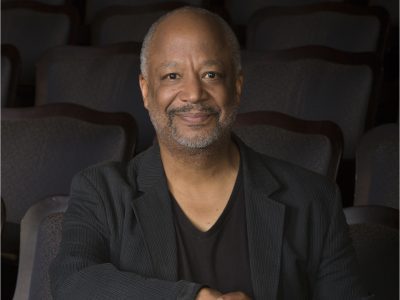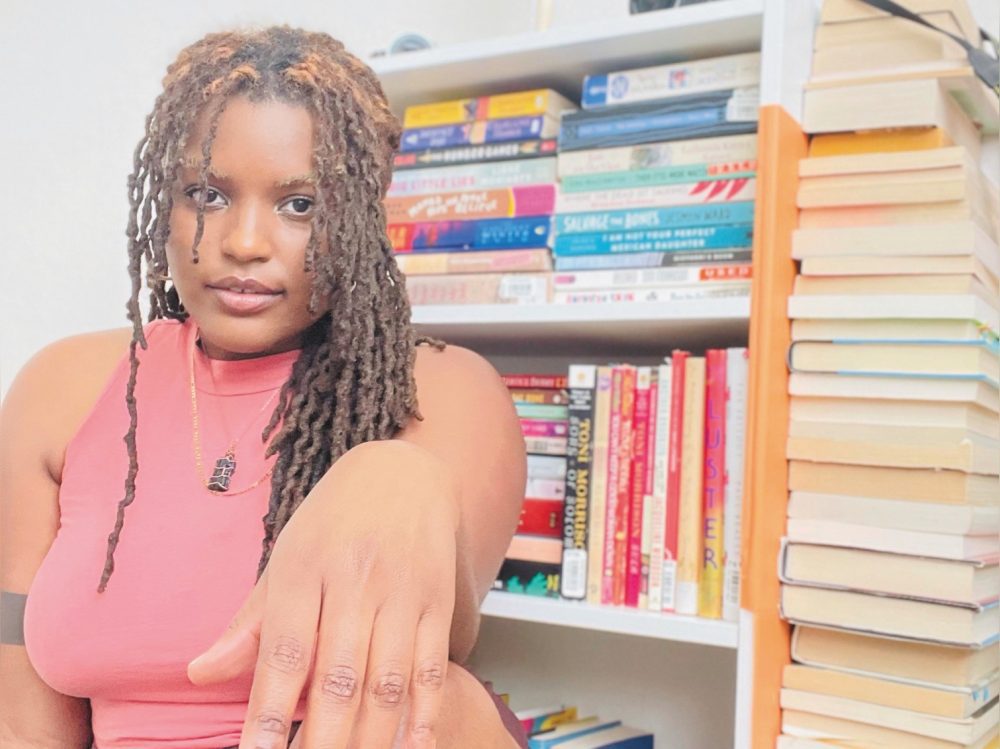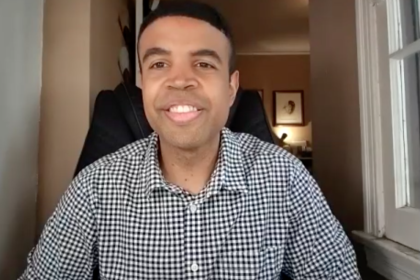
Valorie Burton is an author, motivational speaker, and life coach. She offers advice that helps people find purpose, peace, and resilience throughout their lives. She is the founder of The Coaching and Positive Psychology Institute. Burton believes that life is about knowing why you’re here and living your purpose to the fullest. She spoke with rolling out about her latest book, It’s About Time, and what she hopes people gain from the read.
Why did you write this book?
When I discovered the concepts of “time poverty” and “time debt,” it deeply resonated. It explained my problem and the problem so many of us have today. I have always struggled in many different ways with time, and in this age of digital distractions and increased demands on our time and productivity, I was ready to finally conquer this struggle. So my husband and I set out to change our approach to time, to experiment with ways to reclaim our time, and I decided to share all of the research, insights and practical inspiration and advice we gained along the way.
What’s the story behind the title?
It’s a play on words. The book is “about time,” and it’s also “about time” to do something different and make the changes that allow you to focus your life on the things that really matter.
What do you hope readers will glean from reading your book?
First, I hope readers intentionally choose the meaningful over the false urgencies that can distract us from what really matters. But also that it’s okay to miss out. Not every season of life is meant for every experience. If you don’t value your time, you’ll spend it on people and things that are not worthy of it. The modern world tells us that time is valuable because “time is money.” This is a myth. Time is valuable because, unlike money, it cannot be replaced. Know when you’ve done enough. More is not always better. What is meaningful is timeless. It matters today. It matters in the future. It shapes your legacy.
Did it take you long to write this book?
The idea to write the book came to me in 2017, and we began doing experiments with our time. I wrote the book a year later. It took about six months in 2018.















